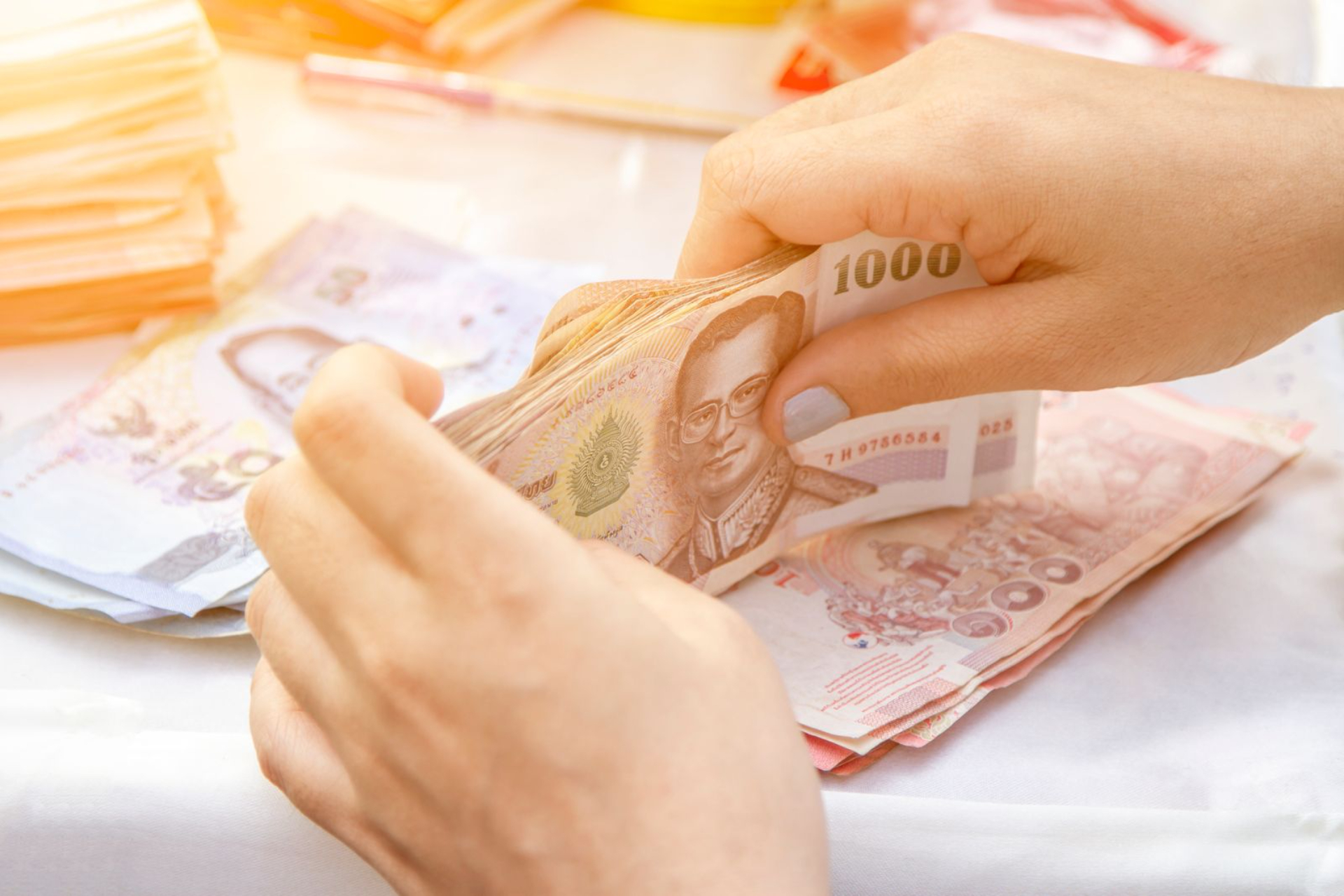Buy In Thailand
YOUR BUYER’S GUIDE
Koh Samui real estate: a booming sector. The island’s demand is particularly strong in the luxury villa market, with the majority of buyers being expatriates from China, Hong Kong, England, Russia, Australia, France and many other countries. The interest of these investors stems from a fruitful return on their investment.
Here are a few concrete examples: in 10 years, property values have risen by 150%, rental yields are more than comfortable, with an achievable 10% return on investment per year, and the price per square meter has picked up again since the covid, approaching €1,200 in July 2023.
Evolution of the purchase price per square meter in Koh Samui :
It has become an exceptional destination for increasing the value of your investment. Thailand offers a favorable legal framework and tax measures: no income tax, no council tax, low property tax, no inheritance tax, no wealth tax, no double taxation, low construction costs.
Title deeds :
-
Deed of Condominium
Deed of ownership Condominium buildings with more than 20 units built within the last 20 years. Since 1992, Thai law has allowed foreigners to acquire a freehold apartment in their own name, and to hold a Thai title deed (chanot).
-
Full ownership for life
A Thai company can be set up or taken over by a foreigner to purchase or sell real estate, or to acquire property in compliance with local regulations and under authorized conditions. Through these Thai companies, shareholders are named on the title deed (Chanot) for the purchase of land or a villa. In this way, foreigners obtain a secure right to occupy the land on which the villa is built. Thai law allows foreigners to own the walls of their villa in their own name. Registration with the Thai Land Office ensures total control of the investment.
-
Very long-term rental
Every year, many foreign investors buy villas in Thailand in this form. These investments are governed by a 30-year renewable lease, known as a “lease hold”. Leaseholds allow foreigners to legitimately purchase a villa in Thailand, giving them the right to use Thai land, while Thai owners retain full ownership of the land. The contract is registered with the Land Department in the buyer’s personal name, guaranteeing exclusive use of the land. Thai law authorizes the renewal of very long-term leases, but does not specify the number of renewals permitted, so it will be necessary to draw up a separate private contract.
A foreign investor owns the building in his own name for the duration of the (renewable) lease, or until the date of sale of his house. If the lessor does not wish to renew the lease, he will be obliged to buy back the building (to be defined in the clauses).
How to buy in Thailand :
First, you need to select the property you want: apartment, villa or plot of land. Once you’ve chosen the property of your dreams, you’ll need to contact a local lawyer or law firm to guide you through all the legal and legal procedures. You’ll need to pay a deposit to reserve your property, and then open a bank account in Thailand.
Once you’ve taken all these steps, you’ll be able to check with the legal advisor before going on to draw up the preliminary sales agreement, followed by the transfer of funds for the purchase of your property. The final step is an appointment with the Thai land department, represented by your legal advisor or real estate agent, to transfer the title deeds against the final payment. Congratulations on becoming a homeowner in Thailand!






